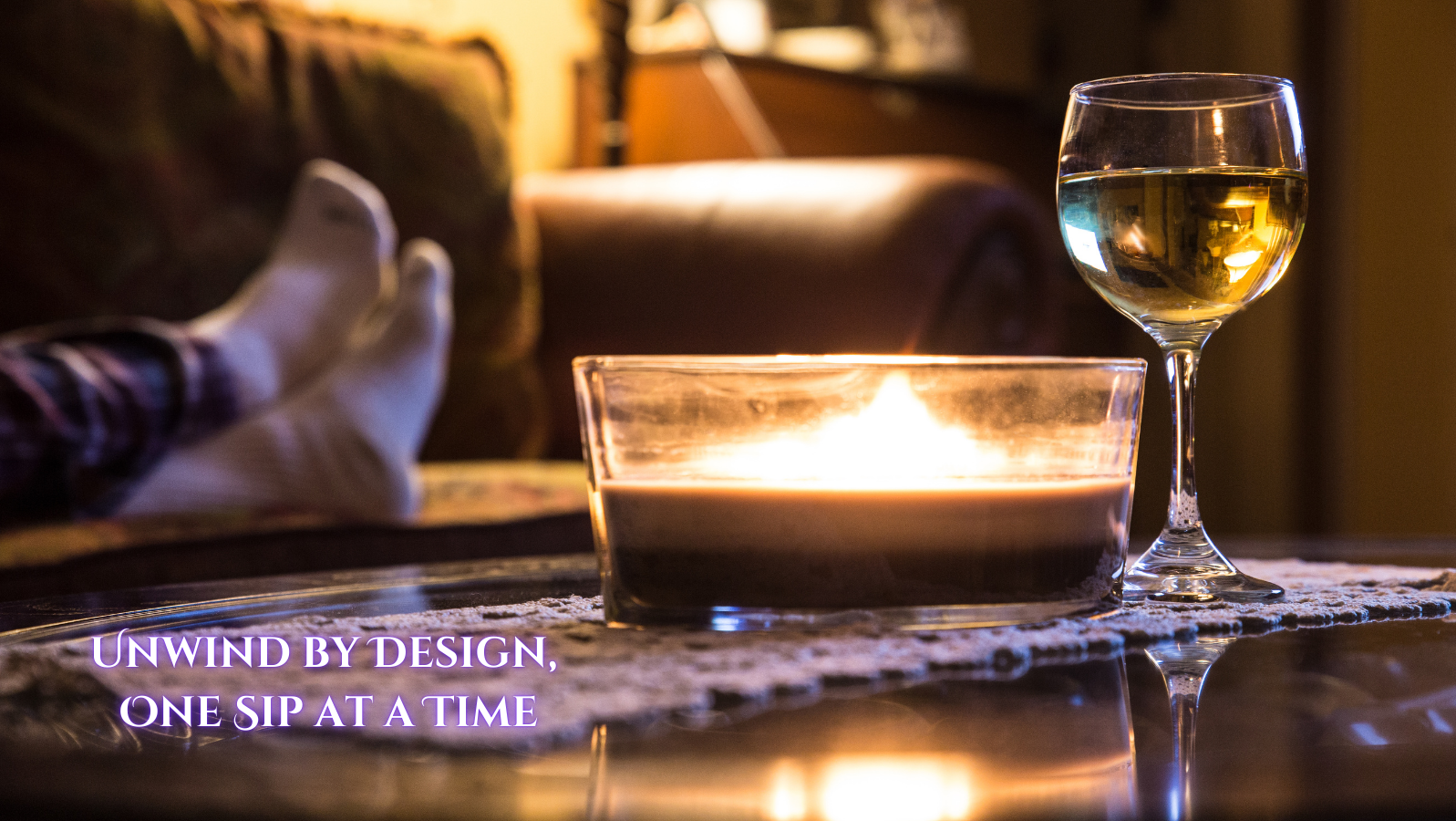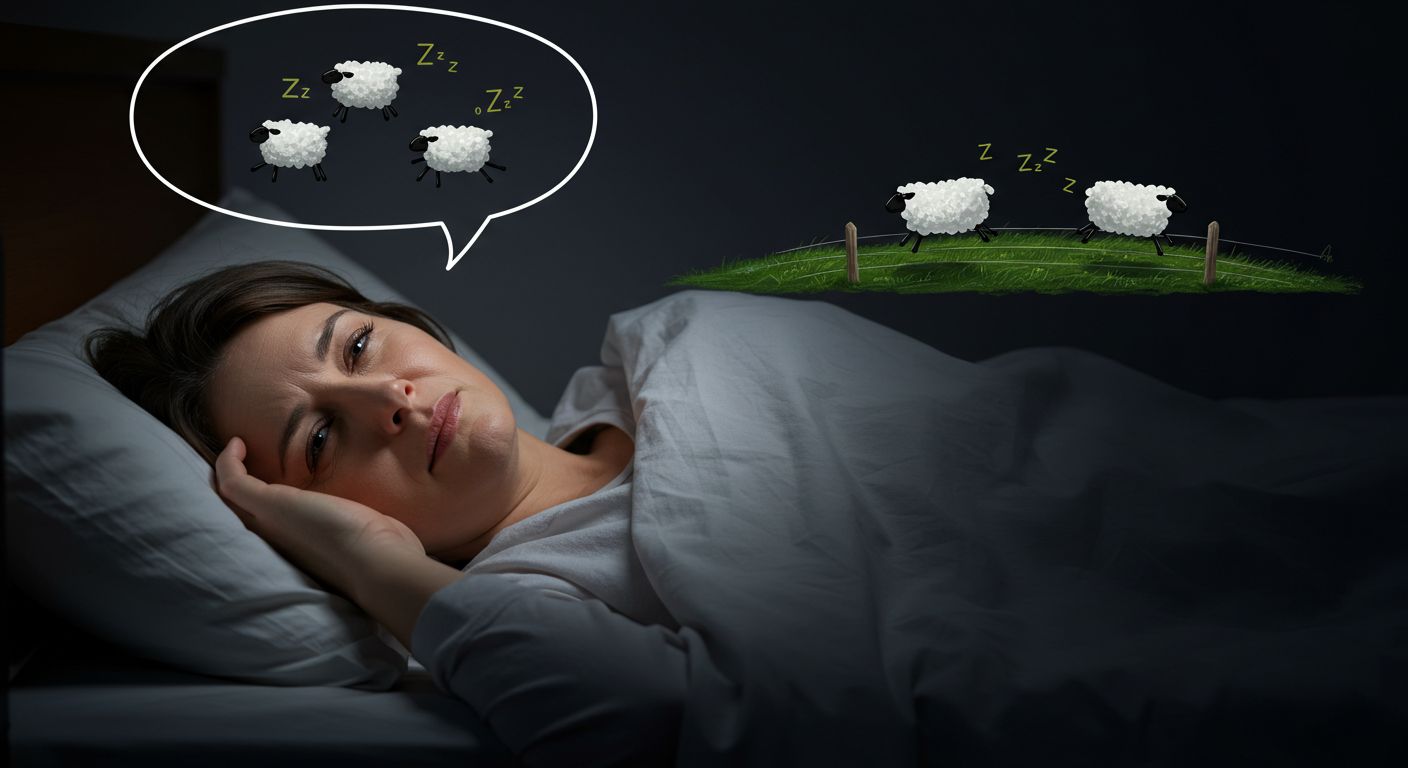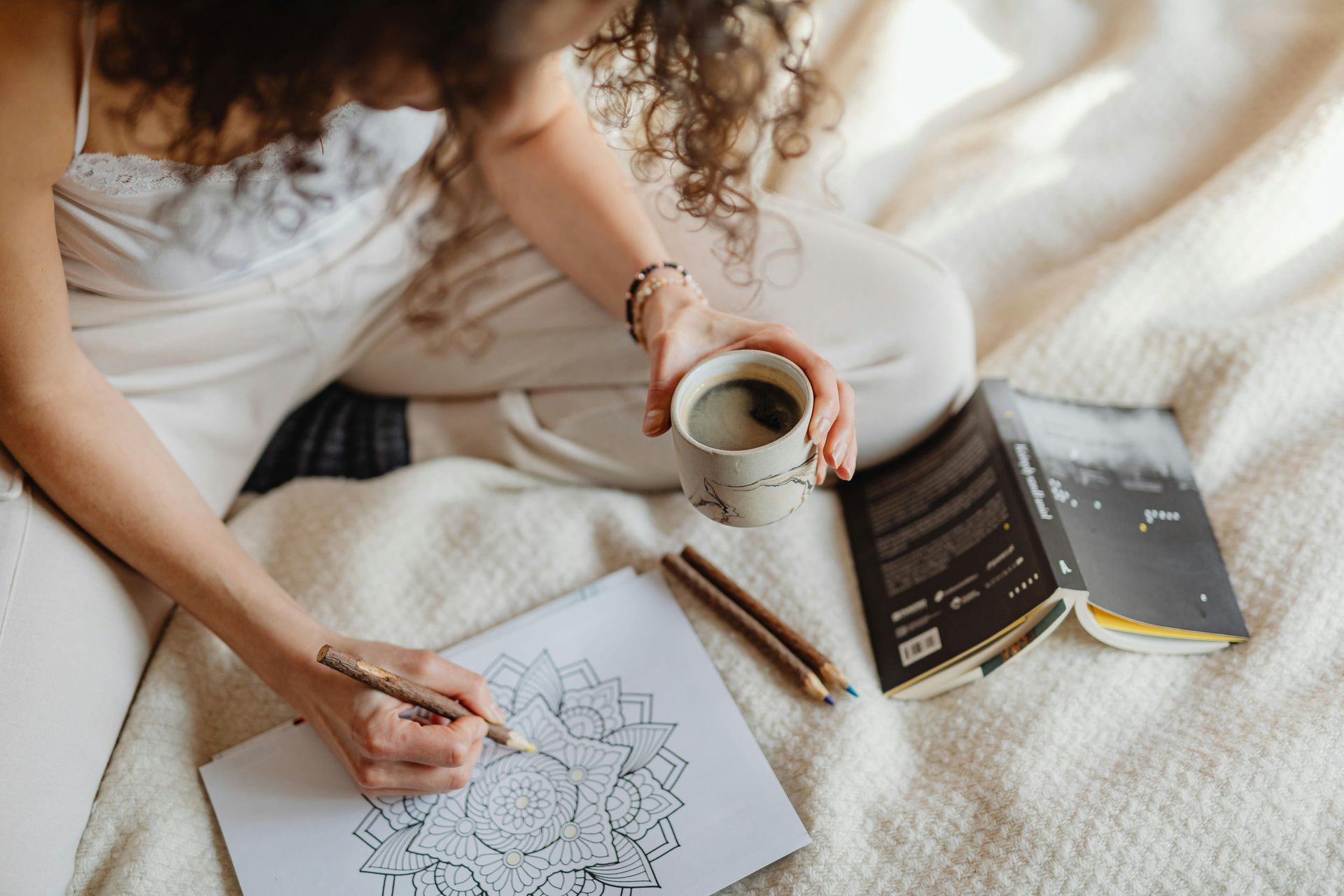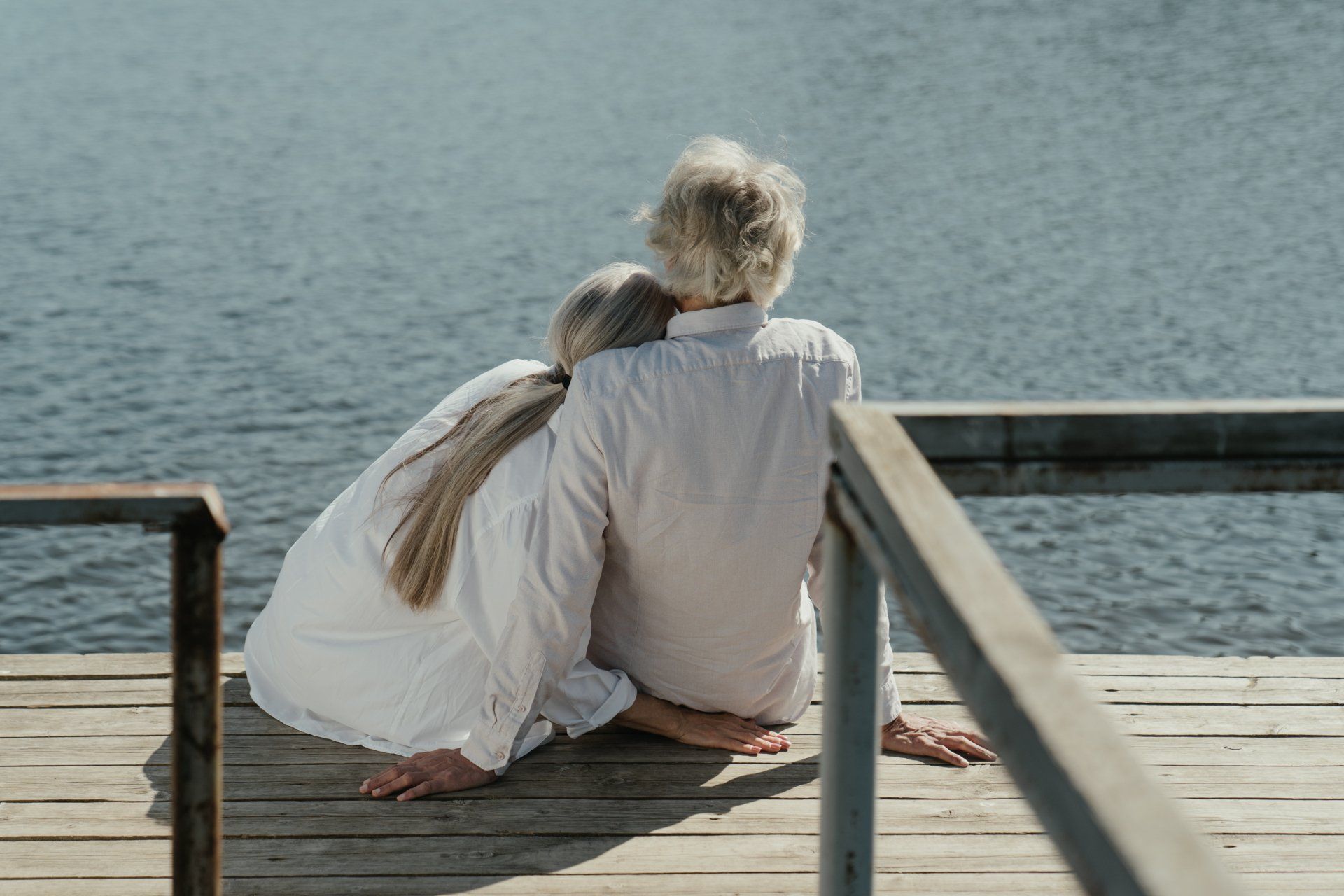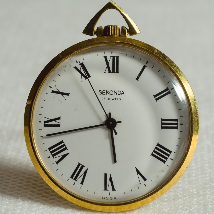My Journey from Menopause Insomnia to Peaceful Sleep
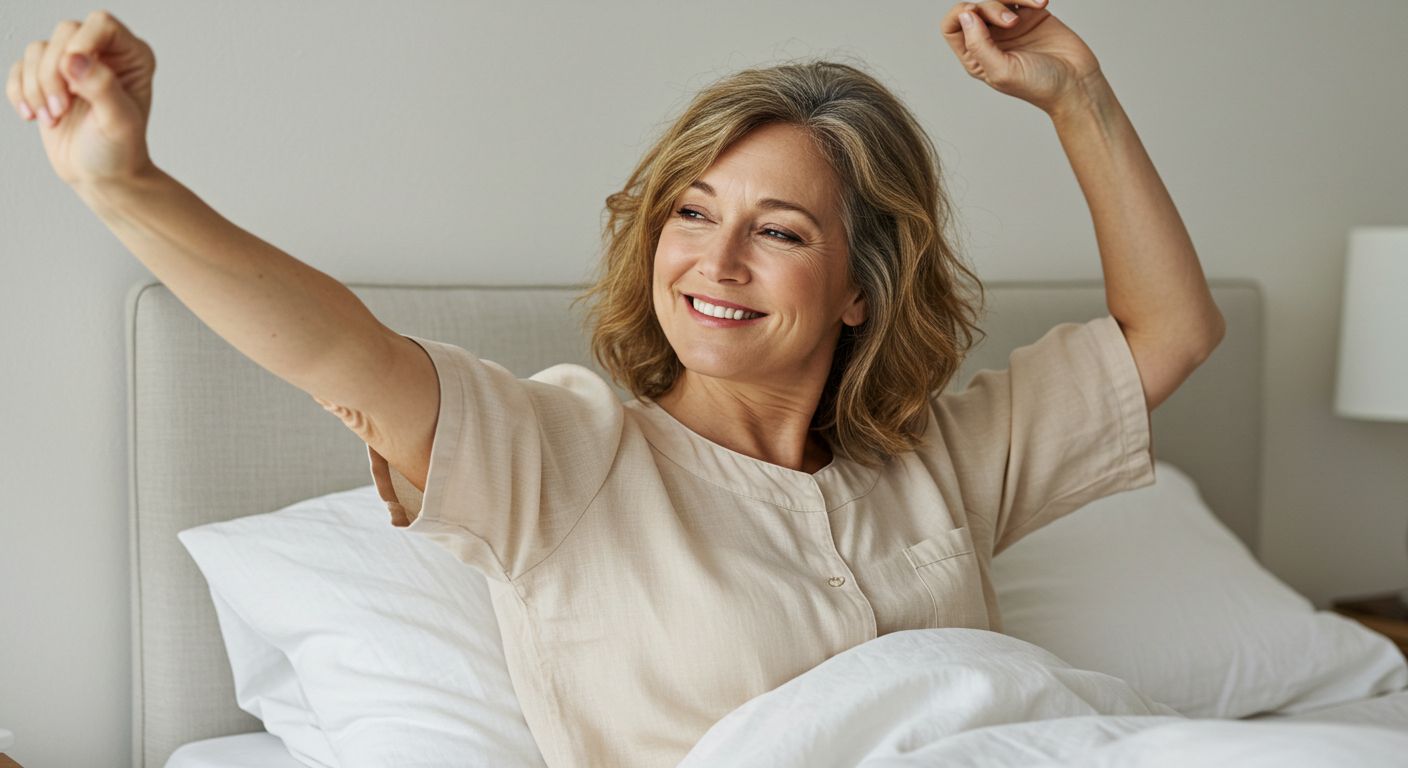
It was 3:47 AM when I found myself standing in my kitchen, staring blankly at the refrigerator, wondering how I'd gotten there. My mind was racing with tomorrow's meetings, yesterday's conversations, and a hundred random thoughts that seemed to appear from nowhere. My body was exhausted, but sleep felt like a distant memory.
If you're reading this in the middle of the night, unable to sleep, I want you to know something: you're not alone, and this isn't "just part of getting older." I'm Kassandra Breene, and this is the story of how I went from being a walking zombie to sleeping peacefully through the night again – even during menopause.
The Beginning of My Sleep Nightmare
For most of my adult life, I was what you'd call a "good sleeper." Head hit the pillow, and I was out until morning. But when I turned 47, something shifted. At first, it was just occasional wake-ups around 3 or 4 AM. "Stress from work," I told myself. "It'll pass." But it didn't pass. It got worse.
Soon, I was waking up multiple times every single night. I'd lie there, wide awake, watching the clock tick from 3:17 to 4:23 to 5:41. My mind would start its nightly marathon – replaying conversations, worrying about deadlines, planning grocery lists. Meanwhile, my body was screaming for rest.
The worst part? The daytime exhaustion. I felt like I was moving through thick fog. Simple conversations became difficult. I'd forget words mid-sentence. My patience with my family wore thin. I started avoiding social events because I was too tired to be good company.
When I Finally Connected the Dots
It took embarrassingly long for me to realize that my sleep issues coincided with other changes in my body. The occasional hot flashes. The irregular periods. The mood swings that came out of nowhere. I was in pre-menopause, and my sleep was one of the casualties.
At my annual check-up, I mentioned the sleep issues to my doctor. His response? "That's normal for women your age. Try reading before bed or counting sheep."
Counting sheep. For someone who hadn't slept through the night in months. I left that appointment feeling dismissed and frustrated. But I also left with determination. If my doctor couldn't help me, I'd help myself.
The Research Phase That Changed Everything
What started as casual Googling turned into an obsession. I dove deep into sleep research, hormonal changes, and the specific ways menopause affects rest. I read scientific journals, joined online forums, and connected with other women going through the same thing.
Here's what I discovered that shocked me: most women experience significant sleep disruption during menopause, but very few get helpful solutions. We're told it's "normal" and to just accept it. Meanwhile, we're suffering through some of the most demanding years of our lives – often caring for aging parents while still supporting our own families – with our brains running on empty.
I learned that during pre-menopause and menopause, declining estrogen and progesterone levels directly impact our sleep cycles. Estrogen helps regulate our body temperature (hello, night sweats!) and affects the production of neurotransmitters that promote sleep. Progesterone has a natural sedative effect, so when it drops, our ability to fall and stay asleep suffers. But here's the part that gave me hope: understanding these changes meant I could work with them instead of against them.
My Trial-and-Error Phase
Armed with new knowledge, I started experimenting. Some attempts were disasters. The magnesium supplements that were supposed to relax me? They gave me digestive issues. The meditation app? My racing mind wouldn't quiet long enough to follow along. The sleep restriction therapy I read about? It backfired spectacularly. But slowly, I started finding things that helped:
Temperature regulation became crucial.
I invested in breathable sheets, adjusted our bedroom thermostat, and learned to layer bedding so I could adjust throughout the night without waking my husband.
My evening routine needed a complete overhaul.
I created a wind-down period starting two hours before bed. No screens, dim lighting, and activities that genuinely relaxed me rather than stimulated my mind.
Timing mattered more than I realized.
I discovered that my body responded better when I aligned my sleep schedule with my natural rhythms rather than fighting against them.
My bedroom environment was working against me. Small changes – blackout curtains, a white noise machine, and removing the digital clock that I'd stare at all night – made a bigger difference than I expected.
The Breakthrough Moment
About six months into my research and experimentation, something clicked. It wasn't one dramatic change but rather a combination of strategies working together. For the first time in over a year, I slept through the night. I woke up that morning feeling like myself again. Clear-headed. Energetic. Patient with my family. It was such a stark contrast to how I'd been feeling that I almost cried with relief.
But the real test was consistency. Could I recreate this? Night after night, I followed the routine I'd developed. And night after night, my sleep improved. What I Learned About Sleep During Menopause
Through my journey, I discovered several key insights that most women never hear:
Your sleep needs don't decrease with age – they change. The idea that older people need less sleep is a myth. We need the same amount of quality rest; we just have to work harder to get it during hormonal transitions.
Hot flashes aren't just daytime annoyances. Even mild temperature fluctuations during the night can disrupt your sleep cycles without fully waking you up. You might think you slept through the night, but your sleep quality suffered.
Stress compounds everything. The stress of not sleeping well creates a vicious cycle. Your body produces more cortisol, which interferes with the hormones that promote sleep. Breaking this cycle requires addressing both the physical and mental aspects of sleep.
Small changes can have big impacts. You don't need a complete life overhaul. Strategic adjustments to your environment, routine, and mindset can make the difference between restless nights and restorative sleep.
Why I Decided to Share My Story
As my sleep improved, something interesting happened. Friends started asking what I'd done differently. I looked more rested, had more energy, and seemed like "myself" again. When I shared some of the strategies I'd learned, they wanted to try them too.
The more I talked to women my age, the more I realized how many of us were struggling silently. We'd accepted that exhaustion was just part of this life stage. We felt isolated, thinking we were the only ones lying awake at 3 AM.
That's when I decided to create a comprehensive guide – not just what worked for me, but the broader strategies I'd discovered through research and connecting with other women. I wanted to save other women the months of trial and error I'd gone through.
The Transformation
Today, nearly two years later, my relationship with sleep has completely changed. I no longer dread bedtime or feel anxious about whether I'll sleep through the night. I wake up feeling refreshed most mornings, and when I do have the occasional restless night (it happens to everyone), I don't panic.
More importantly, I feel like myself again. My energy is stable throughout the day. I'm present with my family. I enjoy social activities. I can think clearly and make decisions without the fog of exhaustion.
A Message to Fellow Midnight Warriors
If you're reading this at 3 AM, feeling frustrated and exhausted, please know that your sleep struggles are valid. You're not "just getting older" or being "too sensitive." Your body is going through significant changes, and you deserve support in navigating them.
You also deserve to know that better sleep is possible. It might take some time to find what works for your unique situation, but the strategies exist. You don't have to accept restless nights as your new normal.
Most importantly, you're not alone in this. There are millions of women going through the same experience, and many of us have found our way back to restorative sleep. Your best nights are still ahead of you.
What's Next?
I continue to research and refine my understanding of sleep during menopause. I stay connected with the community of women I've met through this journey, sharing what we learn and supporting each other through the challenges.
Because here's what I know for sure: when we sleep well, we show up better for everyone in our lives. We're more patient, more creative, more resilient. We deserve that gift – not just for ourselves, but for the people who depend on us.
Sleep well, friend. You've earned it.
Kassandra
Kassandra Breene is a wellness researcher and advocate for women's health during midlife transitions. After overcoming her own menopause-related sleep challenges, she's dedicated to helping other women find natural solutions for better rest. Her comprehensive guide, "The Insomnia Breakthrough," shares the strategies that helped her transform her sleep and reclaim her energy.
